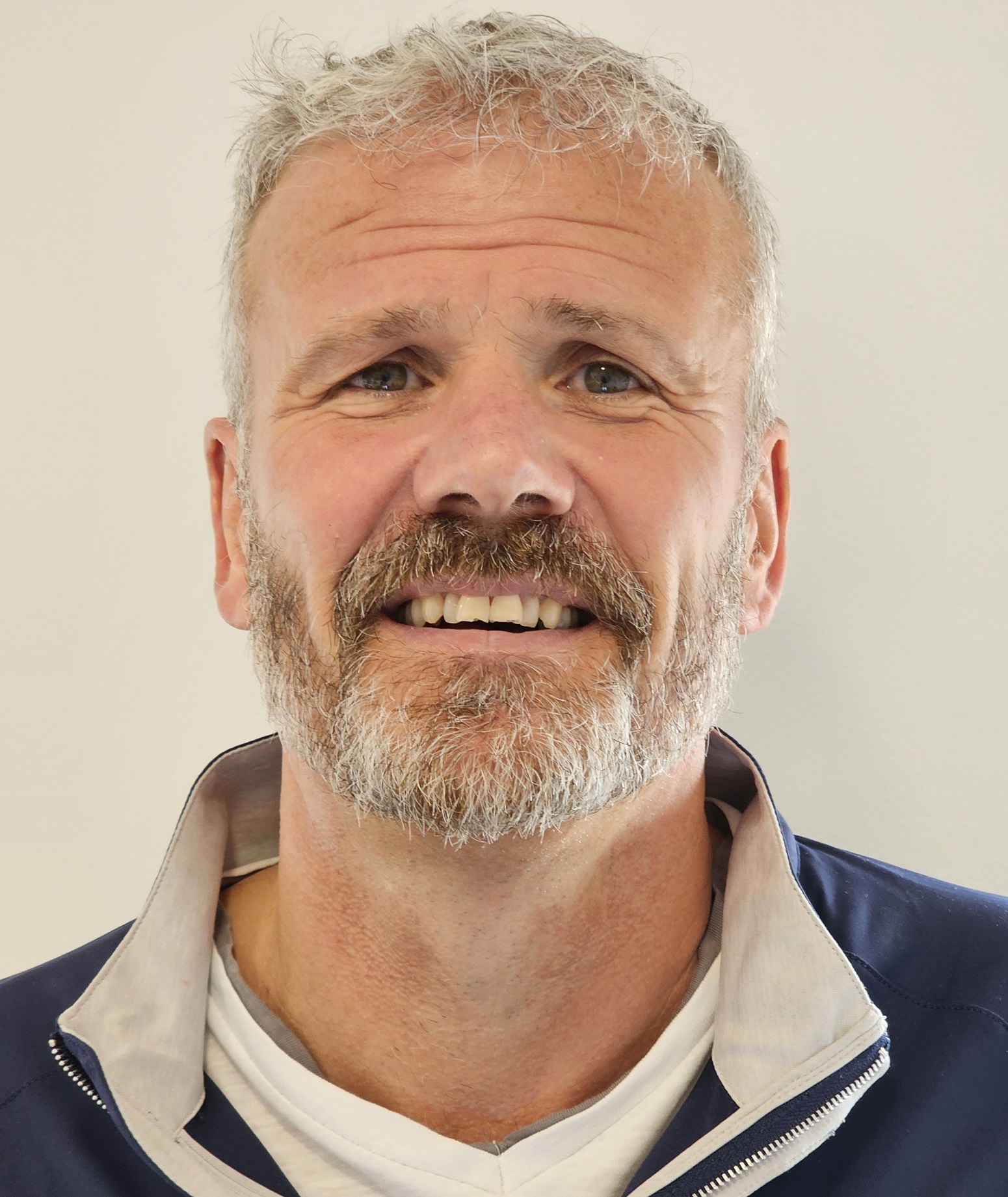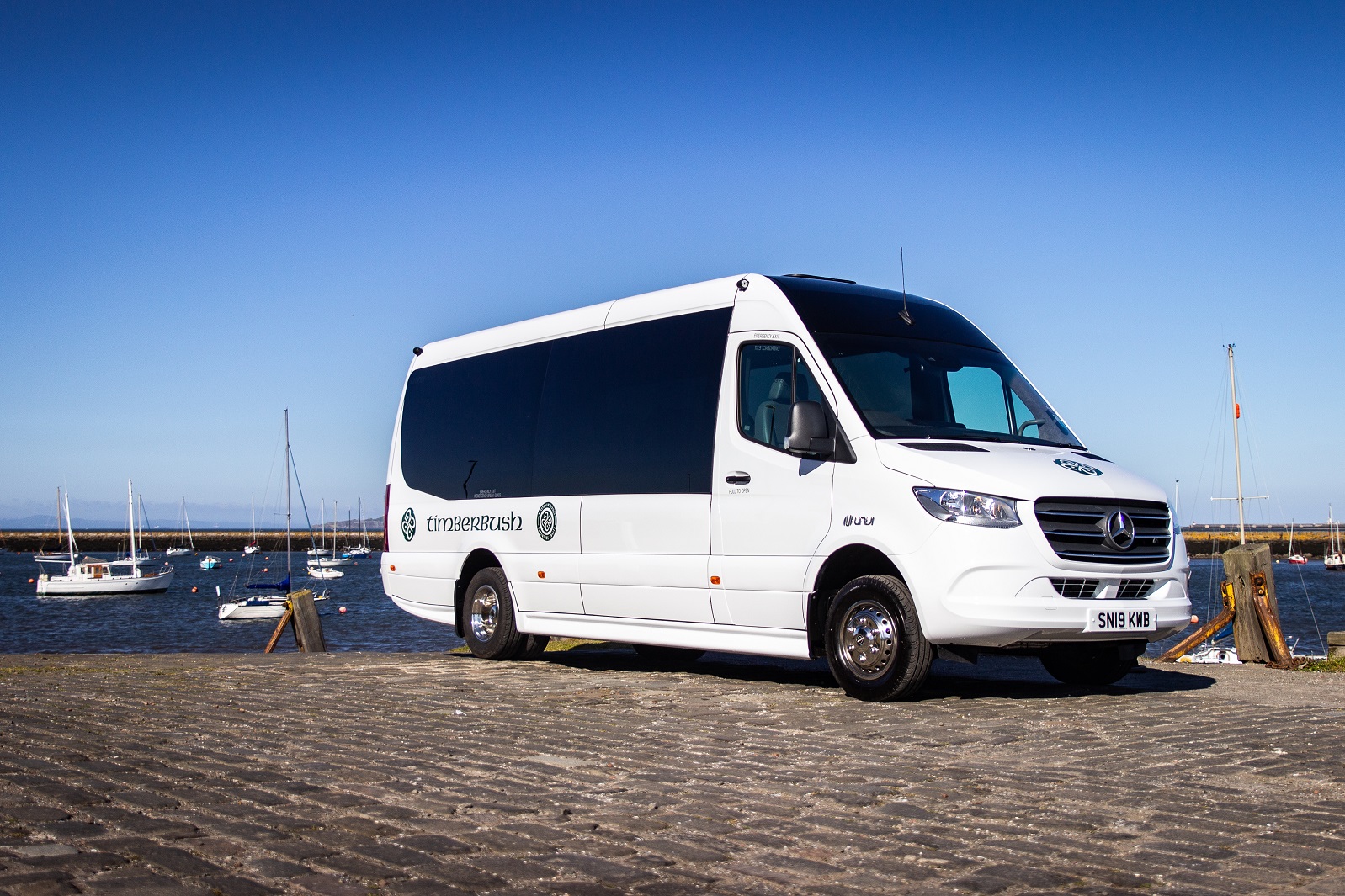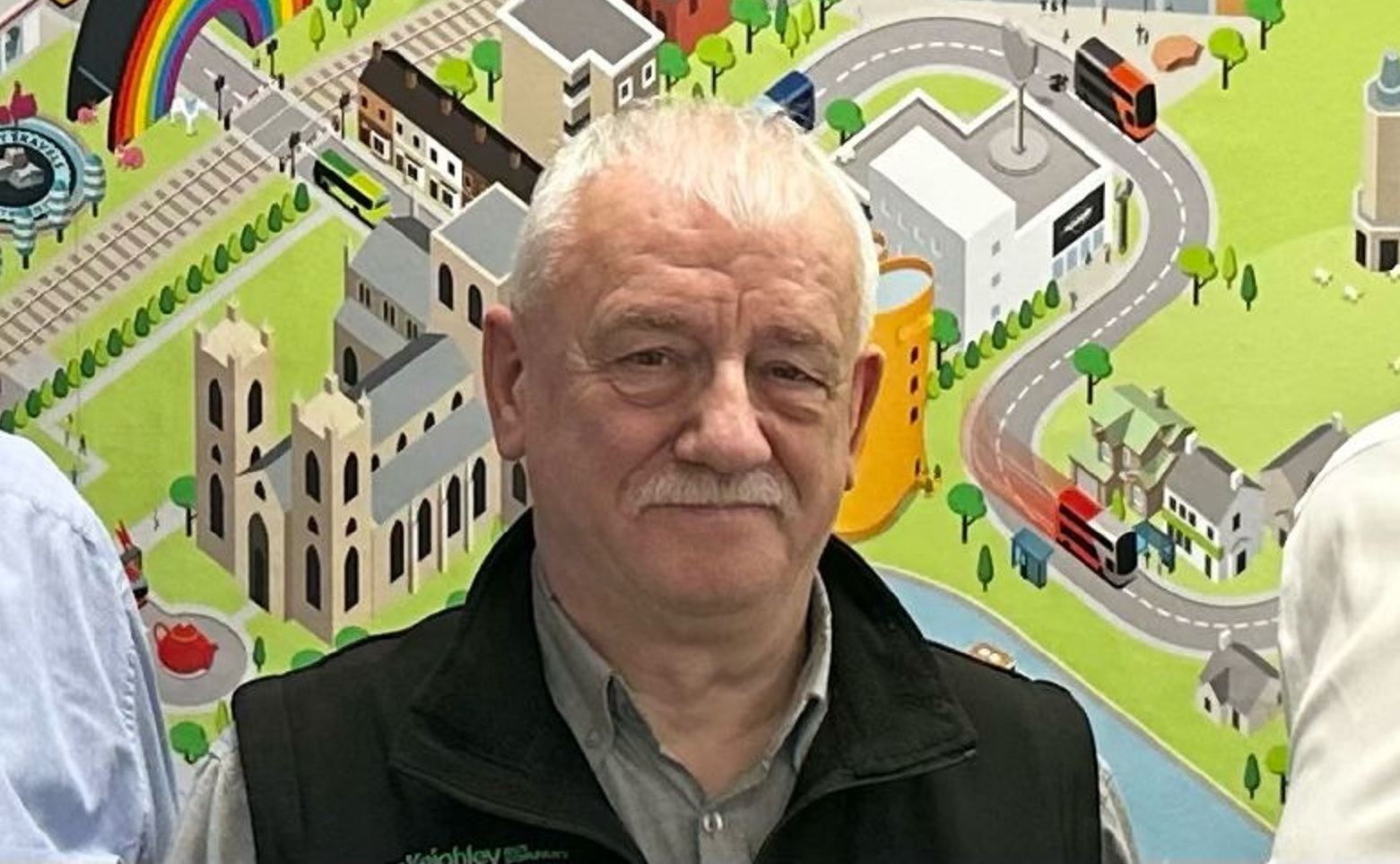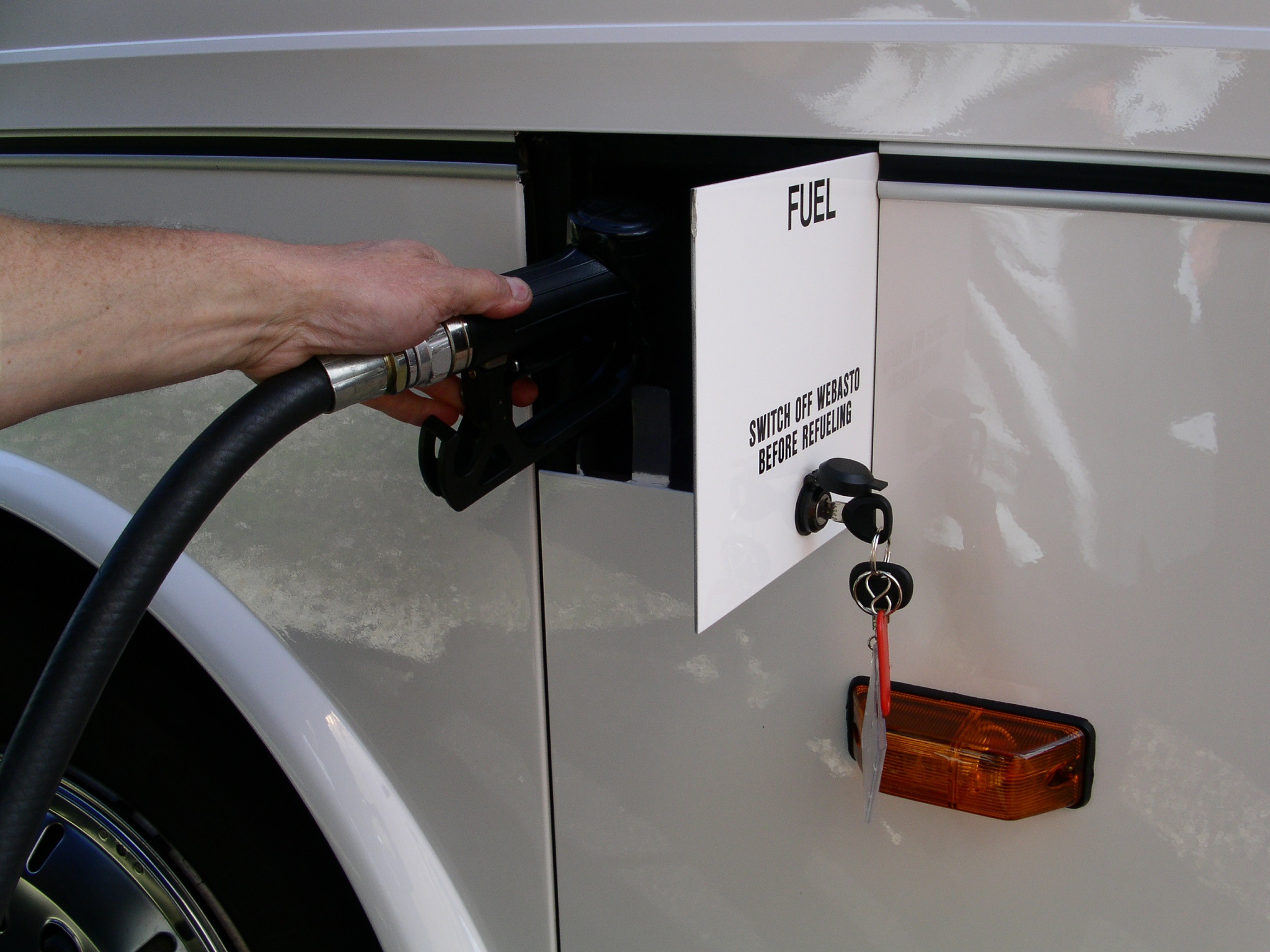National and devolved governments must do much more to help the coach industry to deploy zero-emission vehicles, Timberbush Tours founder Gary Voy (pictured, below) has urged.
The Edinburgh operator is currently taking delivery of new diesel coaches worth £1 million, and it has placed orders for more such vehicles valued at £3 million for the remainder of this year and into 2024.
However, Mr Voy wants government backing for battery- and hydrogen fuel cell-electric coaches that will allow the industry to achieve parity with the pace of rollout of those technologies in the bus sector. He adds that while options are currently limited for zero-emission coaches, infrastructure is a further key. Even if a wider vehicle choice was available, infrastructure limitations would make deployment difficult.
Speaking about his frustrations, Mr Voy says: “There has been government support for the urban and rural bus industry – completely distinguishable from the coach travel market – as many embark on a shift to both electric and hydrogen vehicles. But so far, there is a lack of serious support for the coach industry to do likewise.
“Until very recently, the coach industry had not been recognised as a key part of that transition,” he continues. In Scotland, coaches, including those used for private hire and tourism work, will be eligible for support from the second round of the Scottish Zero Emission Bus challenge fund. Exactly how that will be applied remains to be seen, and a multi-year drawdown by successful bidders is anticipated.

Mr Voy questions why both the Scottish and UK governments have ambitions for net zero, but nothing in place “to look seriously at what the coach tour industry needs to make the transition to a fleet made up entirely of zero-emission coaches.”
He points to the £4 million investment in diesel vehicles currently being made by Timberbush as money that the business could have put towards zero-emission models “had the key dependencies been viable.”
Mr Voy adds that “many other” coach operators are in the same position. It leaves a missed opportunity that “will only further hinder the transition.”
Timberbush believes that “there is a long road ahead” until widespread zero-emission coach operation can be achieved under current circumstances, which is further slowed by insufficient recognition of the contribution the industry makes to passenger transport.
“The challenge for the coach industry ahead of the phasing out of [new] non-zero-emission vehicles, expected in 2040, is the availability of vehicles and supporting infrastructure,” Mr Voy continues. “We need quality, affordable, mass market vehicles that are fuelled by alternatives and, critically, have adequate range.”
Such a move is also key to future industry viability, he adds. “A coach operator’s green credentials play an increasingly important part of customer choice. We therefore need to keep moving forward doing all we can and persuade government to heed our calls and respond to our concerns.”
The new diesel coaches for Timberbush Tours are 16-seats UNVIs on Mercedes-Benz Sprinter base vehicles, supplied by Coachtraders, and Neoplan Tourliners from MAN Truck and Bus.



























